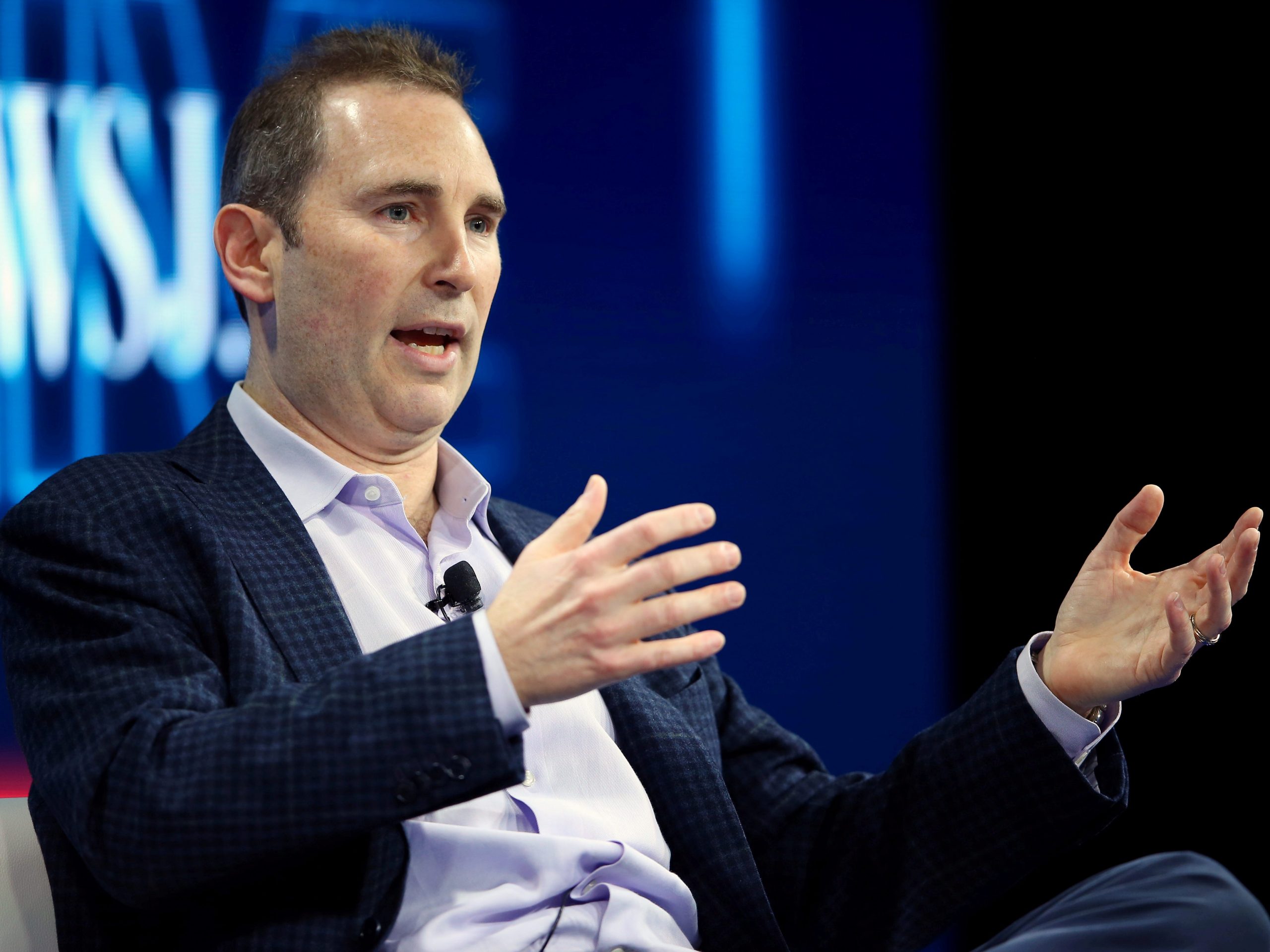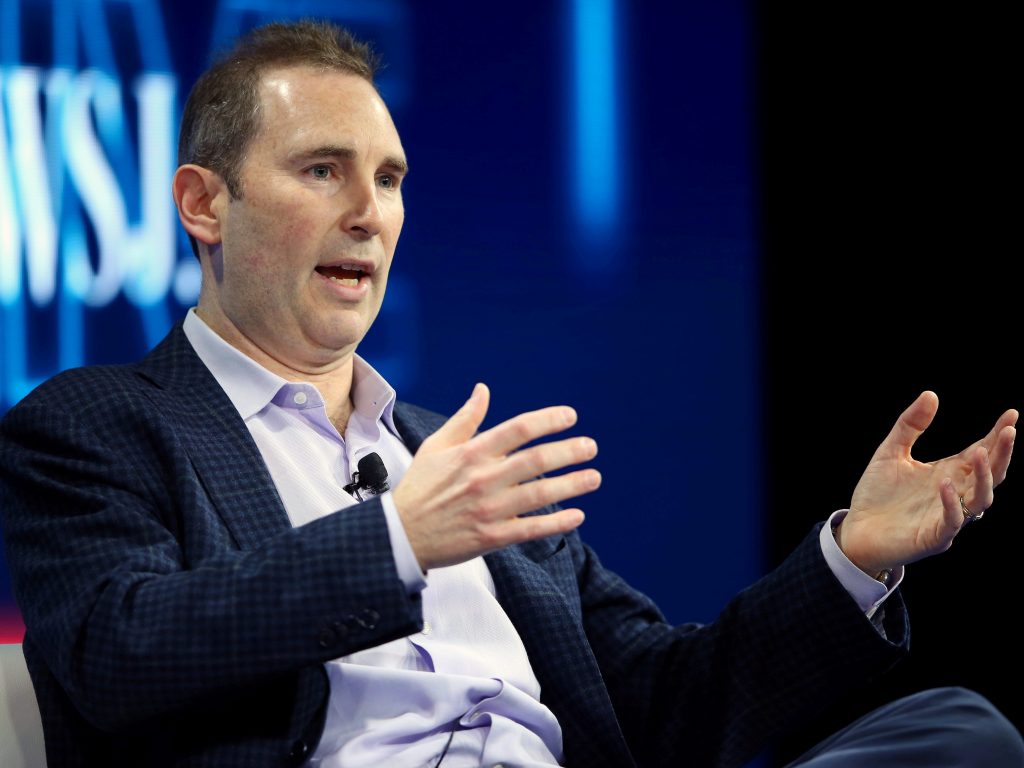
- Amazon insiders say the company's pay structure doesn't reward loyalty for employees who stay.
- Raises can be hard to come by, and outside hires often outearn longtime employees in the same role.
- As a result, employees turn to "boomeranging," quitting their jobs and returning in higher-paid ones.
Some Amazon employees have resorted to quitting their jobs and coming back in higher-paid ones in order to boost their pay in a company culture they say doesn't often give promotions or raises.
Insider reported Friday that the e-commerce company is facing ballooning attrition because its compensation structure doesn't reward loyalty, employees say.
Employees say pay bumps can be hard to come by and external hires often outearn longtime Amazon employees in the same position. As a result, a lot of employees believe they can only snag a good raise if they "boomerang," quitting their jobs and coming back to the company in higher-paid roles.
In an internal Amazon Slack channel discussion earlier this month, one employee wrote, "I think a lot of people (myself included) will be sad to see less-than-inflation raises and won't know what to do," according to screenshots seen by Insider.
"We all know what to do…" another employee commented, and 11 people reacted with the boomerang emoji.
Amazon has historically preferred hiring "missionaries" over "mercenaries," meaning it favors those driven by passion for the company's mission rather than pay. This strategy has drawn the ire of employees, leading to contentious internal meetings and a higher attrition rate. In 2021, at least 50 vice presidents left the company, according to people familiar with the matter and Insider's analysis.
Last year, US-based Amazon Web Services engineers saw a turnover rate of at least 35%, according to two insiders. An Amazon spokesperson said this figure was overstated but didn't offer specifics. Company-wide attrition is between 6% and 8% per year, a former executive said.
Amazon did not immediately respond to a request for comment about boomerang employees.
Read Insider's full story here.
